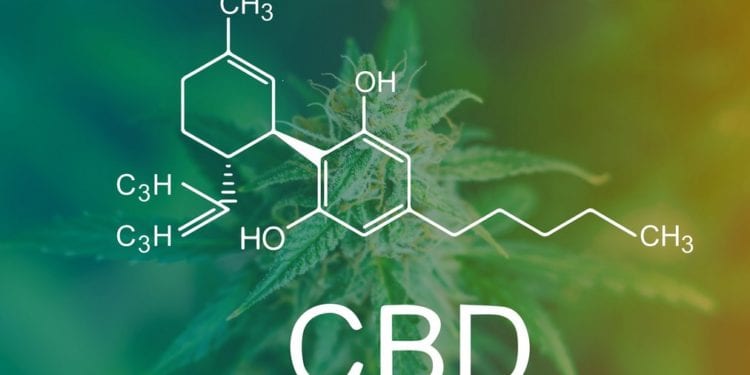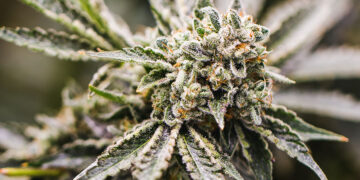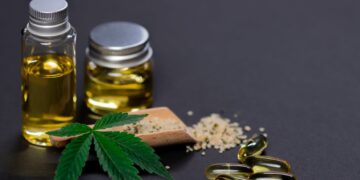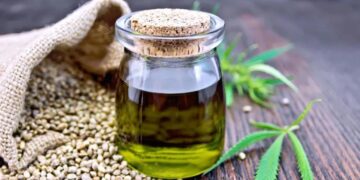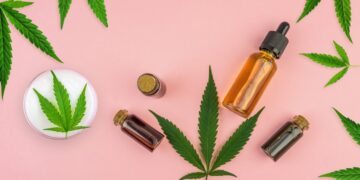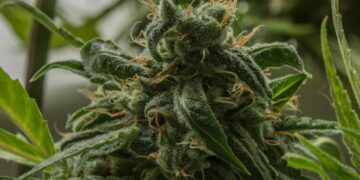Understanding the difference between CBD and THC
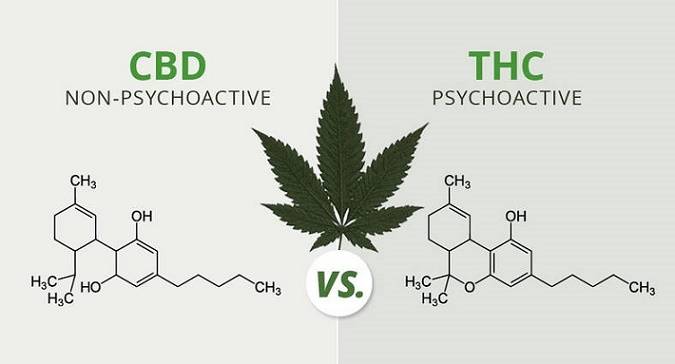
Two natural compounds found in our lovely plant are Tetrahydrocannabinol (THC) and cannabidiol (CBD). There are two different sources for extracting CBD: hemp and marijuana. In the past, hemp plants were not so popular due to low concentration of THC (usually below 0.3 percent), while marijuana plants are reaching percentage way above that. THC is a psychoactive compound that provides high sensation.
Demand and Supply
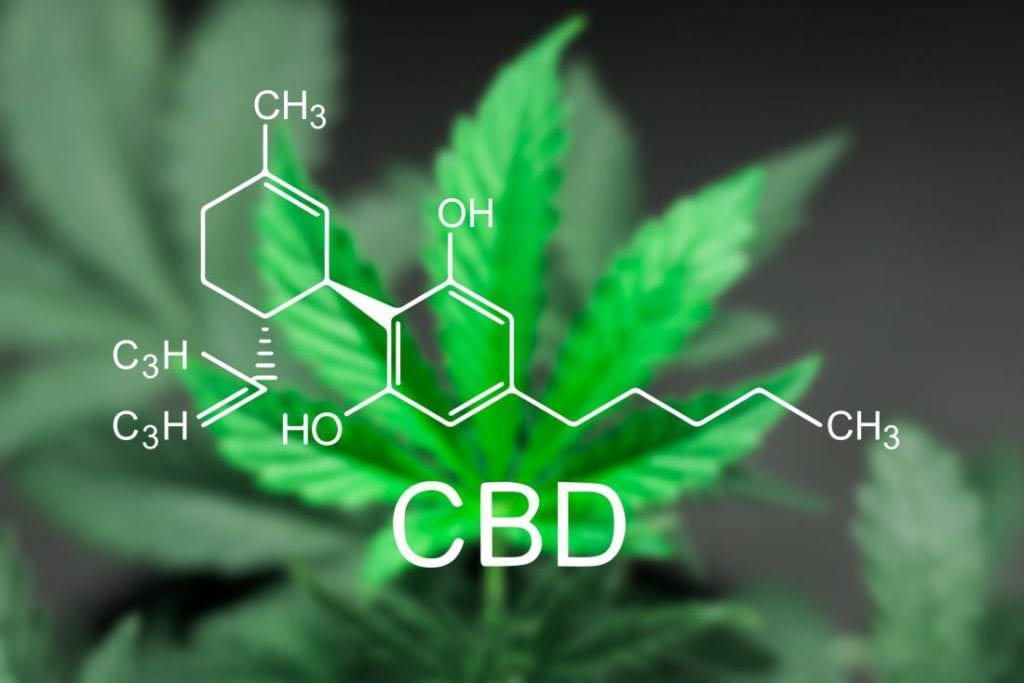
It is expected that the CBD industry reaches a cash-flow of USD16.32 billion just in the United States itself by the year 2026. If you are looking into getting some of that cash, you will definitely need an effective strategy. The next step is to create your business plan and according to Digitawise, it is the thing that could make or break your success chance.
CBD Usage
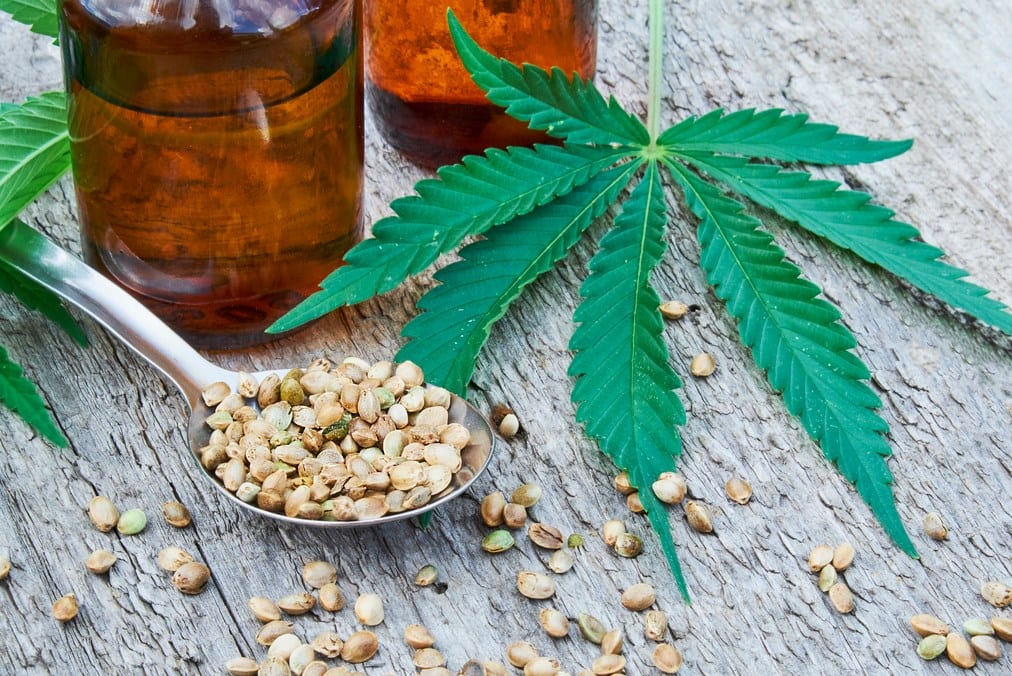
Two main product segments come from CBD and they can be split as Therapeutic grade and food grade. that the therapeutic grade is taking the majority of the market share with about 60% in 2018.
CBD and Legality
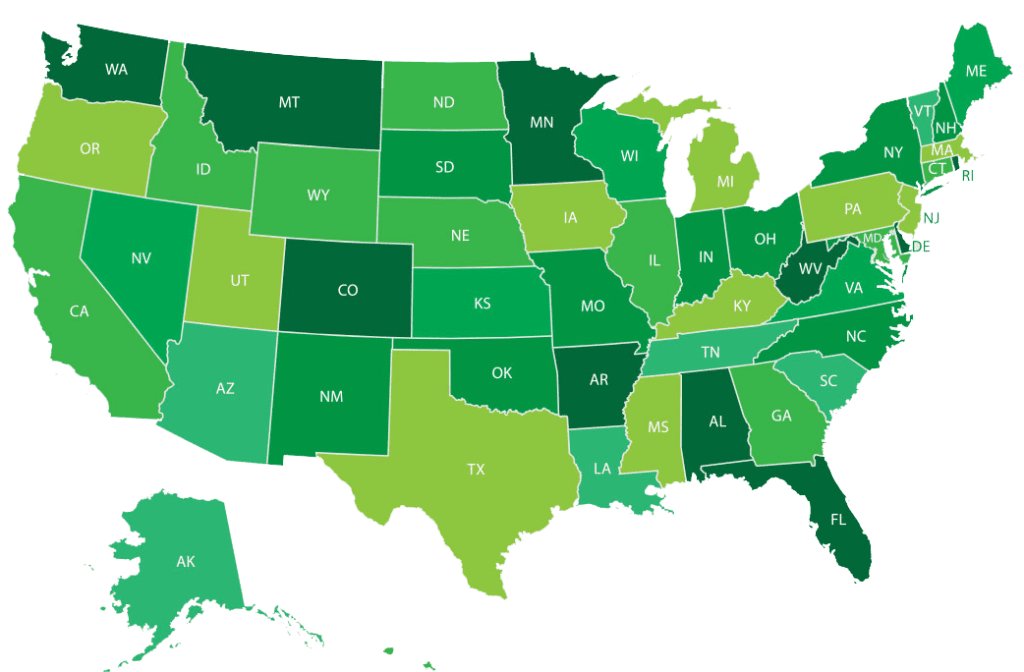
CBD can be used by everyone and even animals. The Internet is getting packed with CBD content these days. Before you decide on your CBD marketing strategy, take into consideration the following facts related to CBD’s legality:
1. Most of the States have recognized the benefits of CBD usage and legalized products that contain this substance. Until recent years, marijuana hemp was listed as an illegal drug across the country. They use d to fall under criminal laws on the State and Federal level. Federal legislation still does not approve marijuana usage for recreational purposes, while 33 States, as well as District of Columbia, have approved usage in one form or another. First and foremost, before getting into this business, you should get familiar with all the laws. Understanding where you can advertise and where you can sell is extremely important. It appears that States have a huge discrepancy when it comes to CBD, especially marijuana. Penalties can range from a misdemeanor to felonies if someone does not follow the law.
2. In December of 2018, President Donald Trump removed hemp from the Controlled Substances Act by signing the Agriculture Improvement Act of 2018. Food and Drug Administration will retain authority over regulating hemp type of products. Even after passing the bill, it is still unclear if CBD products can be placed freely on the market. FDA sees CBD-containing products like any other regulated product these days. It is always useful to consult an attorney on this matter before stepping-into the business.
Importance of CBD Marketing
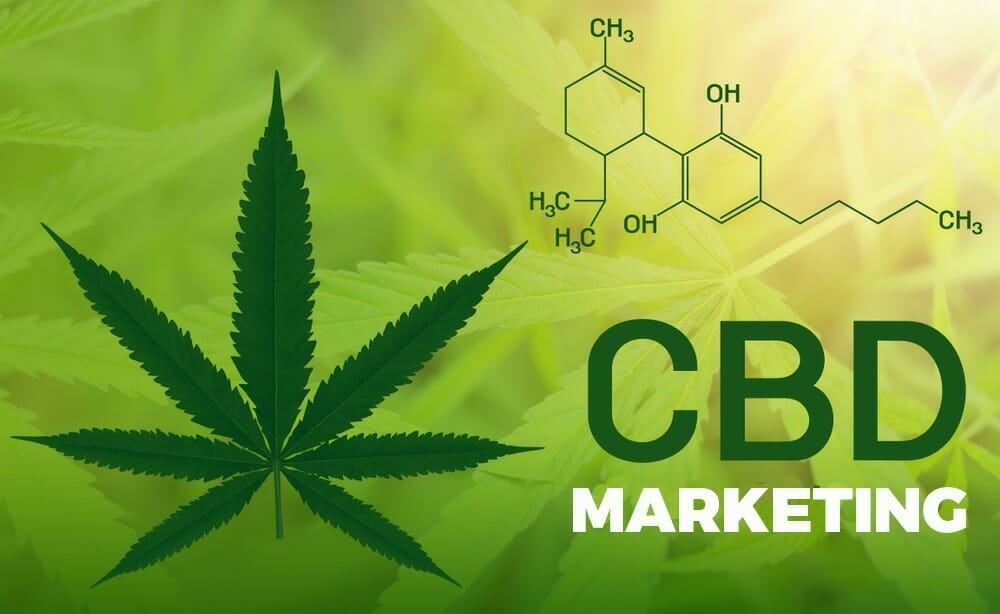
All Social Media channels are used these days to get customer’s attention: Facebook, Instagram, online stores. Finding new customers in the U.S. market is not so hard. Research done by High Yield Insights shows that approximately 40% of U.S. customers of legal age are considering trying CBD in one form or the other. Competition is healthy and the most important part is to learn how to stand out from the crowd and be different than the majority. Constant education should be presented to your audience. Ones you get customers – learn how to keep them. Building awareness will place your brand on top of the list. Another great way of building a reputation is by providing discounts to repeating customers.
A survey is another great tool. Honest responses will give you a real picture of where do we stand as CBD business against your competitors. Great customer support and fast problem solving will create a solid customer base in the long run.
CBD Advertising
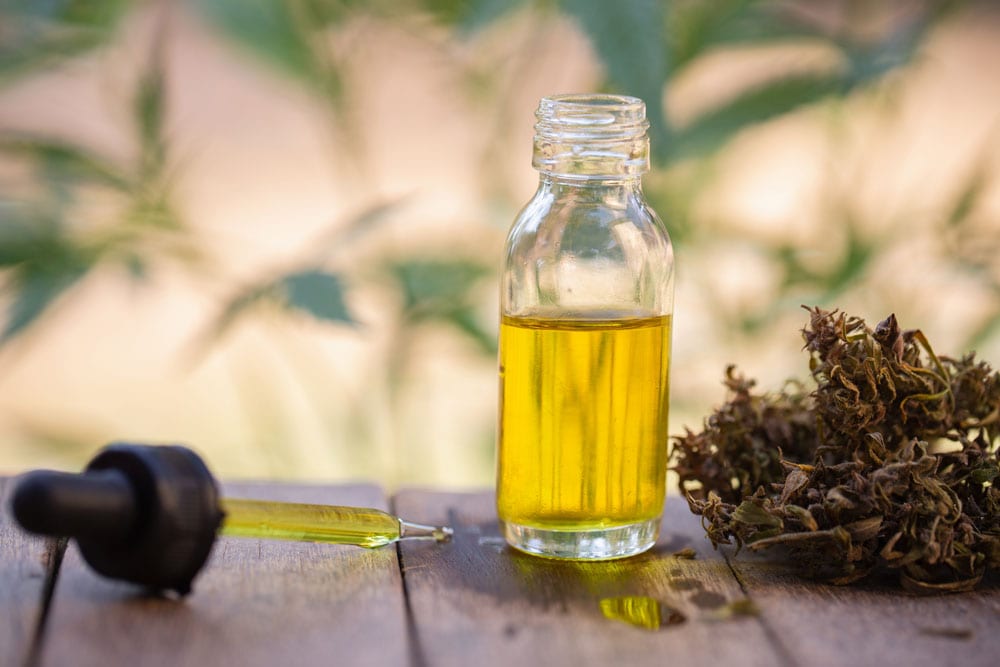
CBD, also known as a miracle cannabinoid claims to fight cancer, epilepsy, insomnia, chronic pain and large scope of medical conditions. A variety of researches and articles can help boost your campaign, however, the Food and Drug Administration might come across and take-down what you been working on. Since the potential medical benefits are not fully tested and not FDA approved – it is not possible to legally fully advise potential customers about the treatment of medical conditions related to the usage of CBD. If something was not proven – it cannot be advertised in marketing campaigns. FDA is going a step further – their approach says that is not lawful to add CBD to dietary supplements, food, and even pet foods. CBD advertising options are very limited despite Trump’s bill. Marketing highly depends on federal government changes in policy on marijuana which will result in marketing changes. Until then – entrepreneurs are limited to specific online tools such as breaking into the market via referral and CBD content creation.
Facebook does not allow cannabis-derived CBD type of advertising, so the focus is shifting towards hemp-derived products only. On 26th of June, 2019 a Facebook announcement got widely spread saying that the advertising ban will be lifted on CBD products. Running Google AdWords with CBD products can lead to ads being discarded and you can be even penalized with a ban on further advertising, regardless if your ads are not CBD marketing oriented. Some Google trial CBD advertising came as a thought and we are going to see how things play-out.
Twitter says big “no” to CBD advertising at this point, due to their policy on illicit substances. However, this applies only to paid advertising. Your blogs with some comments can be posted as a personal opinion and they do not fall under that restriction.
Instagram CBD advertising has similarities with advertising on Twitter. However, they do not get penalized often like on Twitter. Educating audiences by linking back to your blog can work much better than straight advertising. If you try directly to sell this product, Instagram can permanently shut down your account.
At this point, we are reaching the conclusion related to strategic CBD marketing. Understanding the State and Federal laws come in play as the most important thing, so as loopholes in Social Media advertising. Blogs and web-content seem to be the taking-over leading role. They are usually based on references and personal opinion in the modern world where freedom of speech became a marketing tool.

